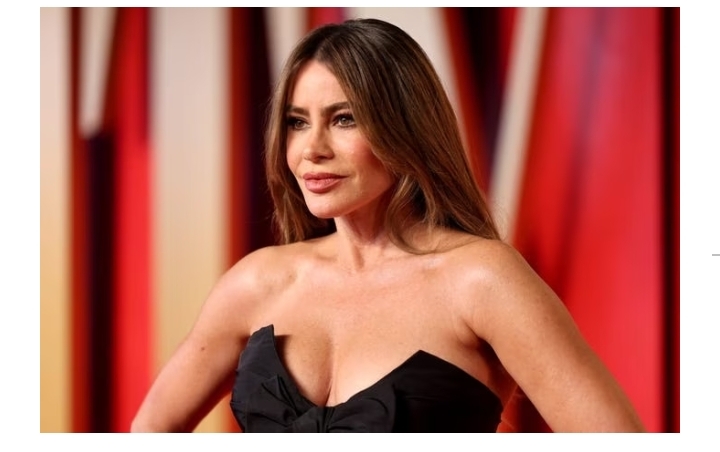CELEBRITY
Sofia Vergara says her accent will never allow her to play a scientist or astronaut

Sofia Vergara, 51, says her accent limits her roles in Hollywood.
“I don’t want to be Gloria again, but I cannot take this accent away no matter what,” Vergara said.
Accent bias isn’t limited to Hollywood.
Sign up to get the inside scoop on today’s biggest stories in markets, tech, and business — delivered daily. Read preview
Sofia Vergara, 51, says that her accent hinders her ability to play certain roles onscreen.
During an interview — alongside actors Anna Sawai, Naomi Watts, Jennifer Aniston, Nicole Kidman, Jodie Foster, and Brie Larson — for The Hollywood Reporter’s Drama Actress Roundtable, Vergara spoke about the challenges she faced in her career because of the way she spoke.
“I did 11 years on ‘Modern Family,’ but it was almost playing myself in a way,” Vergara said. “And when I decide to do something different, it’s hard because this accent is beautiful, but it’s like, I cannot be a scientist, I cannot be an astronaut.”
Foster then interjected, assuring Vergara that she could.
“If I produce the movie, maybe, but it’s going to be not great,” Vergara responded, adding that she “never went” to an acting class.
“I don’t want to be Gloria again, but I cannot take this accent away no matter what. I tried at the beginning of my career,” she said. Gloria is the name of Vergara’s character in “Modern Family.”
“When I moved to LA, I’m like, ‘I cannot believe Penélope Cruz or Salma Hayek don’t change their accent, they’d have so many more opportunities. I’m going to do it.’ Then I spent so much money and time with people teaching me, and it was a fucking waste,” she said.
Vergara then shared that she decided to do “Griselda” — the Netflix series about real-life drug Colombian lord Griselda Blanco — because she was familiar with the setting of the show.
“No, it was I know that character. I lived in Colombia in that era. My brother was a drug dealer and got killed. But I’ve never seen it as a woman — I knew it as many, many men,” Vergara said.
Accent bias isn’t limited to Hollywood. A 2022 study involving 4,576 participants found that job candidates with “non-standard” accents experience discrimination during interviews and are considered “less hireable” than candidates with “standard” accents — the accents generally accepted in a given region.
“We found that candidates who spoke with non-standard accents were rated as less competent and less intelligent than candidates who spoke with standard accents,” Jessica Spence, one of the study’s authors, wrote in an article for The Society for Personality and Social Psychology.
To tackle accent bias, three Stanford students even founded a real-time accent translation startup that can convert people’s voices into different accents while speaking.










